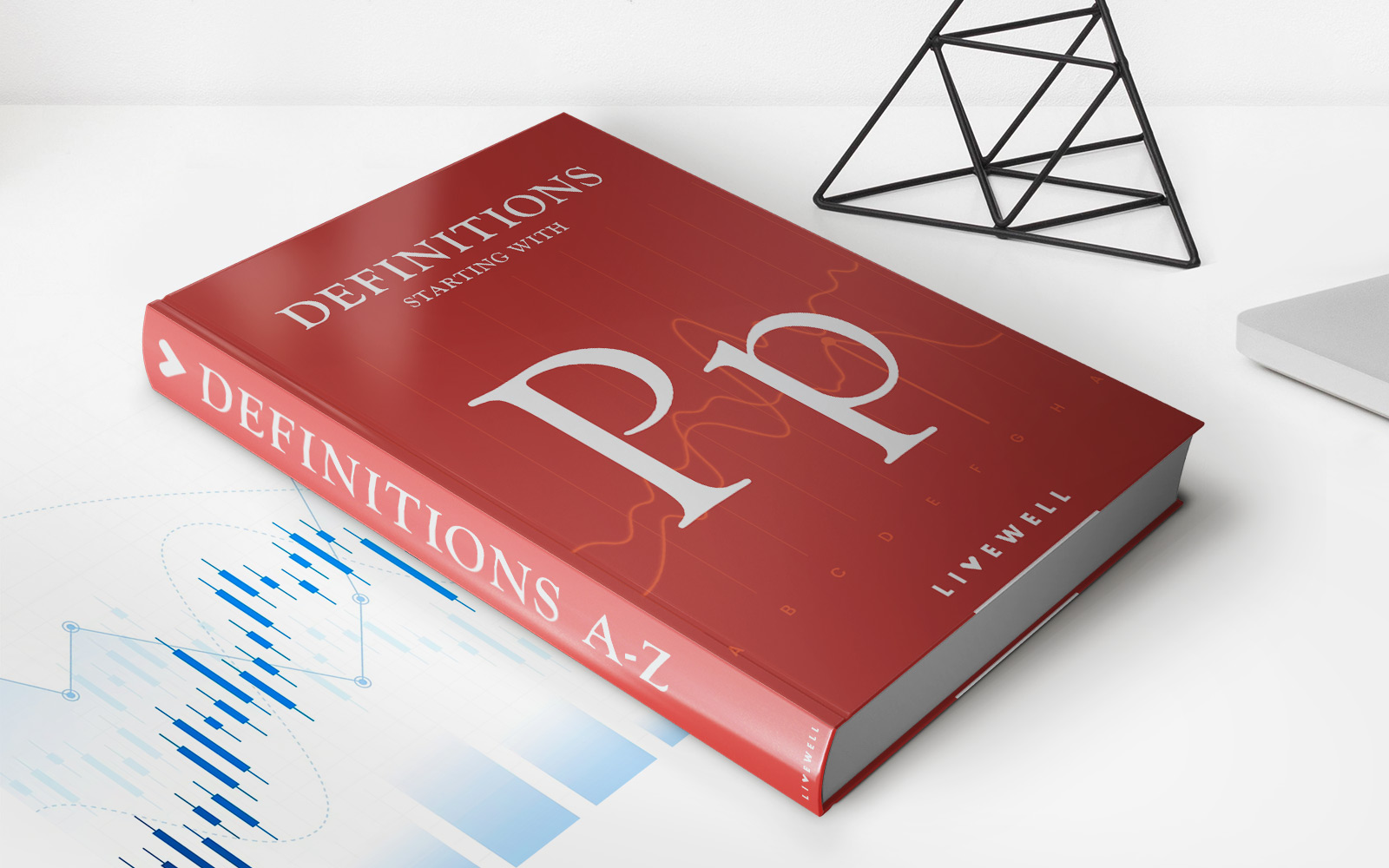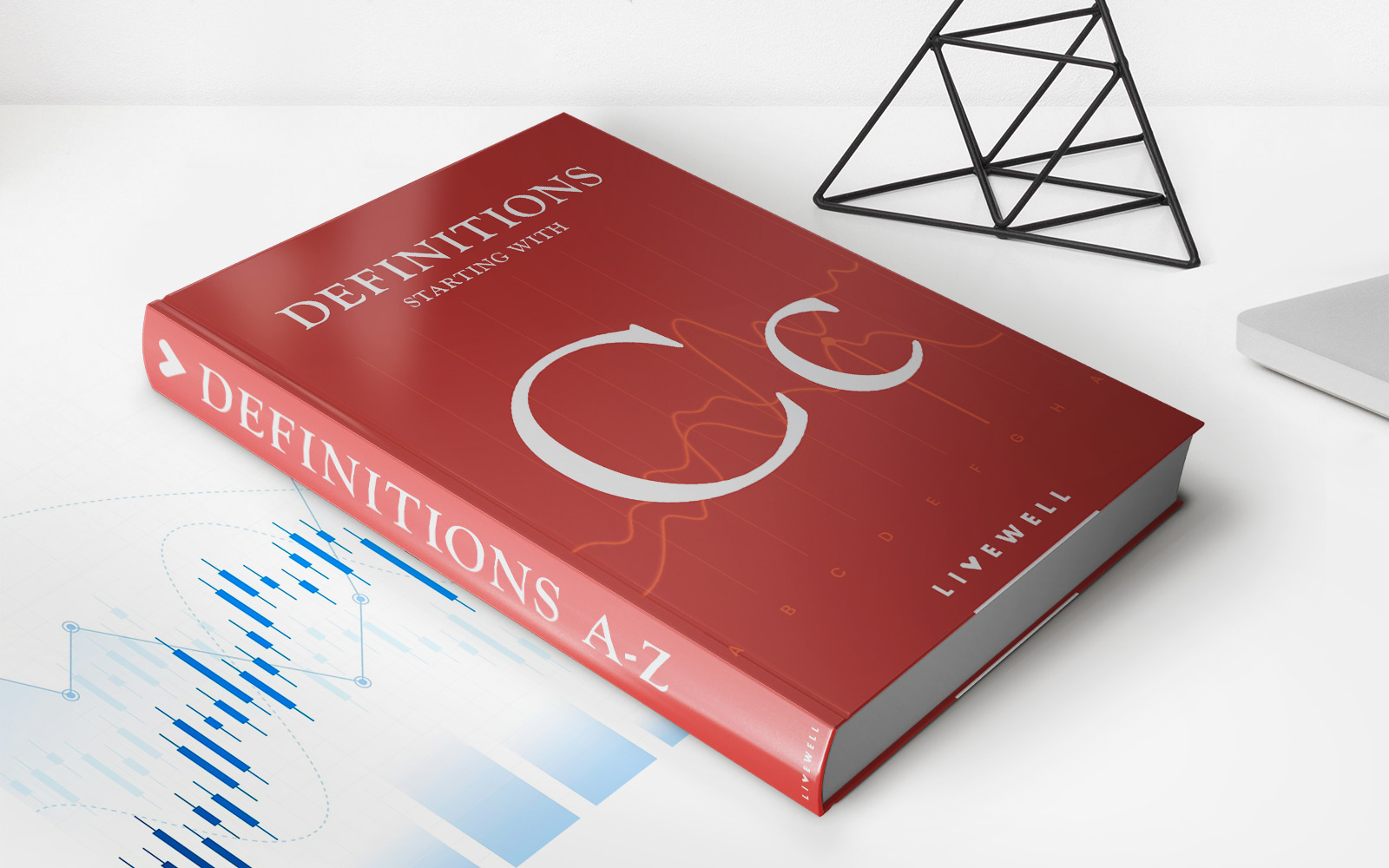

Finance
How To Pre-Qualify Without A Credit Inquiry
Published: March 5, 2024
Learn how to pre-qualify for finance without impacting your credit score. Discover the steps to assess your eligibility without a credit inquiry.
(Many of the links in this article redirect to a specific reviewed product. Your purchase of these products through affiliate links helps to generate commission for LiveWell, at no extra cost. Learn more)
Table of Contents
Introduction
In the realm of personal finance, the process of pre-qualifying for a loan or credit card holds significant weight. It serves as a preliminary step that allows individuals to gauge their eligibility for a financial product without triggering a hard inquiry on their credit report. This distinction is crucial, as hard inquiries can impact one's credit score.
Pre-qualification, when conducted without a credit inquiry, provides a valuable opportunity for individuals to assess their potential to secure a loan or credit card, without facing the potential drawbacks associated with a hard inquiry. This process empowers consumers to make informed decisions about their financial options, ultimately contributing to their overall financial well-being.
Understanding the nuances of pre-qualification without a credit inquiry is essential for anyone navigating the landscape of personal finance. By delving into the intricacies of this process, individuals can gain a deeper comprehension of how to leverage pre-qualification to their advantage, while safeguarding their credit standing. This article aims to elucidate the concept of pre-qualification without a credit inquiry, highlighting its significance and providing actionable insights for those seeking to take control of their financial future.
Understanding Pre-Qualification
Pre-qualification is a preliminary assessment conducted by lenders to estimate an individual’s creditworthiness and likelihood of being approved for a loan or credit card. This process typically involves a soft inquiry, which does not impact the applicant’s credit score. It is important to note that pre-qualification is not a guarantee of approval, but rather an initial indication based on the information provided by the applicant.
When a lender pre-qualifies an individual without a credit inquiry, they rely on the information provided, such as income, employment status, and existing debts, to assess the individual’s eligibility for a financial product. By doing so without initiating a hard inquiry, the lender can offer a preliminary assessment without affecting the applicant’s credit score.
Pre-qualification serves as a valuable tool for individuals to gauge their potential to secure a loan or credit card, providing insight into the products for which they may be eligible. This process enables individuals to understand the financial options available to them, empowering them to make informed decisions regarding their credit and overall financial strategy.
Understanding the distinction between pre-qualification with and without a credit inquiry is crucial, as it impacts an individual’s credit report and score. By comprehending the mechanics of pre-qualification, individuals can navigate the financial landscape with greater confidence, leveraging this preliminary assessment to make informed decisions that align with their financial goals and circumstances.
The Importance of Pre-Qualifying Without a Credit Inquiry
Pre-qualifying for a loan or credit card without a credit inquiry holds significant importance for individuals seeking to manage their credit profile strategically. One of the primary benefits of pre-qualifying without a credit inquiry is the ability to assess one’s eligibility for financial products without impacting their credit score. This distinction is crucial, as hard inquiries, which occur when a lender assesses an individual’s credit report as part of the application process, can potentially lower the applicant’s credit score.
By pre-qualifying without a credit inquiry, individuals can explore their financial options with greater flexibility and without the fear of negatively affecting their credit standing. This empowers them to shop around for the best loan or credit card offers without the concern of accumulating multiple hard inquiries, which could otherwise signal risk to potential lenders.
Furthermore, pre-qualifying without a credit inquiry enables individuals to gain insight into the types of loans or credit cards for which they may be eligible, based on their financial circumstances. This knowledge allows them to make more targeted and strategic decisions when applying for credit, ultimately increasing their chances of approval while minimizing the impact on their credit score.
Additionally, the ability to pre-qualify without a credit inquiry promotes financial prudence by encouraging individuals to explore their options before committing to a formal application. This proactive approach empowers individuals to make informed decisions, aligning their credit pursuits with their financial goals and capabilities.
Overall, the importance of pre-qualifying without a credit inquiry lies in its capacity to provide individuals with a low-risk avenue for assessing their credit options, minimizing the impact on their credit profile, and enabling more informed and strategic decision-making in the realm of personal finance.
Steps to Pre-Qualify Without a Credit Inquiry
Pre-qualifying for a loan or credit card without a credit inquiry involves several strategic steps that empower individuals to assess their eligibility for financial products while safeguarding their credit standing. By following these steps, individuals can navigate the pre-qualification process with confidence and make informed decisions about their credit options.
1. Research and Compare Offers: Begin by researching and comparing pre-qualification offers from different lenders. Many financial institutions provide online tools that allow individuals to check their pre-qualification status without initiating a hard inquiry. By exploring multiple offers, individuals can identify potential options that align with their financial needs and qualifications.
2. Provide Accurate Information: When initiating the pre-qualification process, ensure that the information provided is accurate and up-to-date. Lenders rely on the information supplied, such as income, employment status, and existing debts, to assess pre-qualification eligibility. Accuracy is crucial for receiving an accurate assessment of potential loan or credit card offers.
3. Utilize Pre-Qualification Tools: Many lenders offer pre-qualification tools on their websites, allowing individuals to check their eligibility for specific products without impacting their credit score. These tools typically involve a soft inquiry and provide valuable insights into potential offers, helping individuals make informed decisions without the risk of a hard inquiry.
4. Review Pre-Qualification Offers: Upon receiving pre-qualification offers, carefully review the terms, including interest rates, fees, and eligibility requirements. Compare the offers to identify the most favorable terms and ensure they align with your financial goals and capabilities.
5. Consider Multiple Options: It’s essential to consider multiple pre-qualification offers to assess the range of options available. By exploring different offers, individuals can identify the most suitable financial products and make informed decisions about which offers to pursue further.
6. Proceed with Formal Applications Selectively: After pre-qualifying and reviewing offers, proceed with formal applications selectively, focusing on the most favorable pre-qualification offers. By doing so, individuals can minimize the impact on their credit score while pursuing the most promising credit options identified during the pre-qualification process.
By following these steps, individuals can pre-qualify for loans or credit cards without initiating a credit inquiry, enabling them to explore their options, make informed decisions, and strategically pursue their financial goals while safeguarding their credit standing.
Conclusion
Pre-qualifying for a loan or credit card without a credit inquiry is a valuable tool that empowers individuals to assess their eligibility for financial products while minimizing the impact on their credit standing. By understanding the nuances of pre-qualification without a credit inquiry, individuals can navigate the realm of personal finance with greater confidence and strategic insight.
The significance of pre-qualifying without a credit inquiry lies in its ability to provide individuals with a low-risk avenue for exploring their credit options, comparing offers, and making informed decisions. This process allows individuals to gauge their eligibility for loans or credit cards without the fear of negatively impacting their credit score, ultimately promoting financial prudence and informed decision-making.
Through the strategic steps of researching and comparing offers, providing accurate information, utilizing pre-qualification tools, and selectively proceeding with formal applications, individuals can leverage pre-qualification without a credit inquiry to their advantage. This approach enables them to identify potential financial products that align with their needs and qualifications, ultimately contributing to their overall financial well-being.
By embracing pre-qualification without a credit inquiry as a proactive tool in their financial toolkit, individuals can make informed decisions, avoid unnecessary credit inquiries, and pursue credit options that align with their goals and financial capabilities. This approach not only safeguards their credit standing but also empowers them to navigate the credit landscape with greater confidence and prudence.
In conclusion, pre-qualifying without a credit inquiry offers individuals a strategic pathway to explore their credit options, make informed decisions, and pursue their financial goals while safeguarding their credit standing. By leveraging this process effectively, individuals can take control of their financial future and make credit decisions that align with their unique needs and circumstances.














